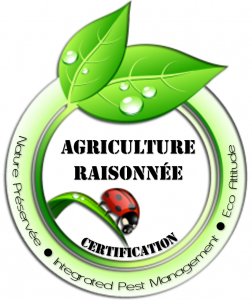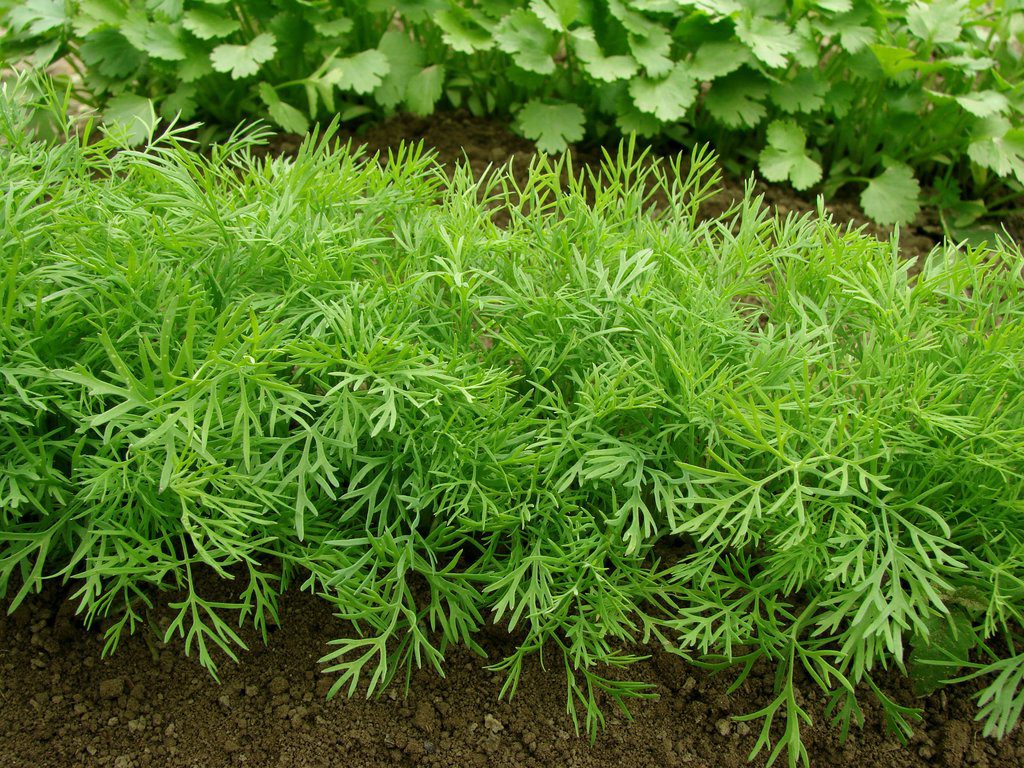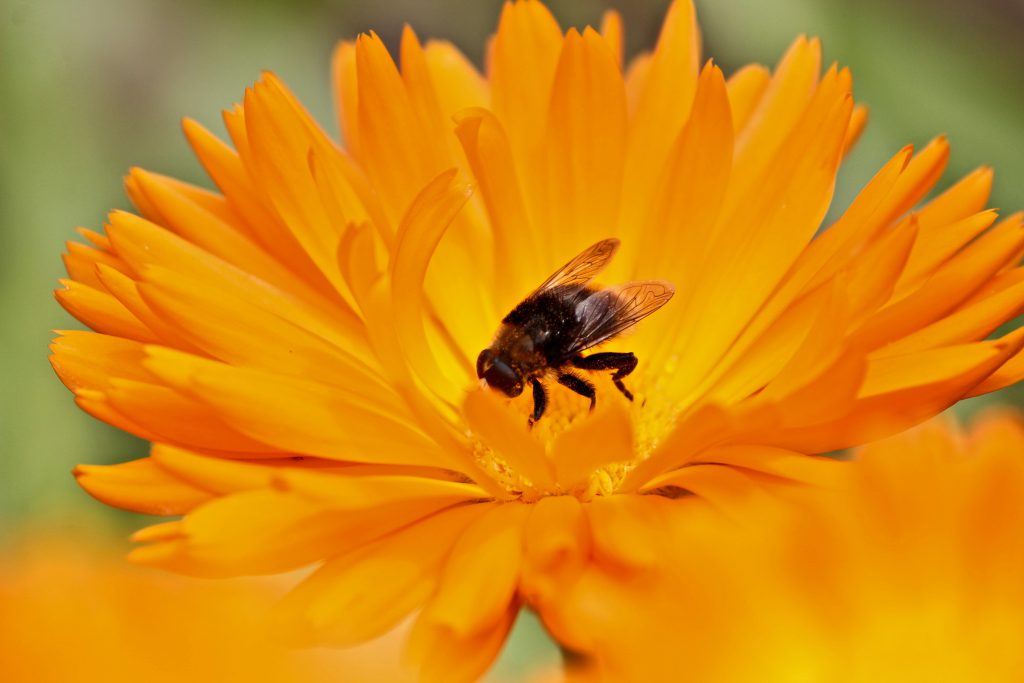Crop
Choice of geographical areas that are naturally appropriate for the culture carried out (temperature, sunshine, rainfall, natural organic structure of the soil).
-
Natural soil preparation,
-
Natural weed and plant residues free from the previous crop,
-
Use of clean material,
-
Elimination of all sources of inoculum,
-
Seed selection.
Mechanical – physics
-
Use of insect net protections,
-
Establishment of airlock in front of the greenhouses,
- Installation of yellow bands and plates distributed in farms,
- Use of natural means and regulatory mechanisms close to those that exist in nature.



